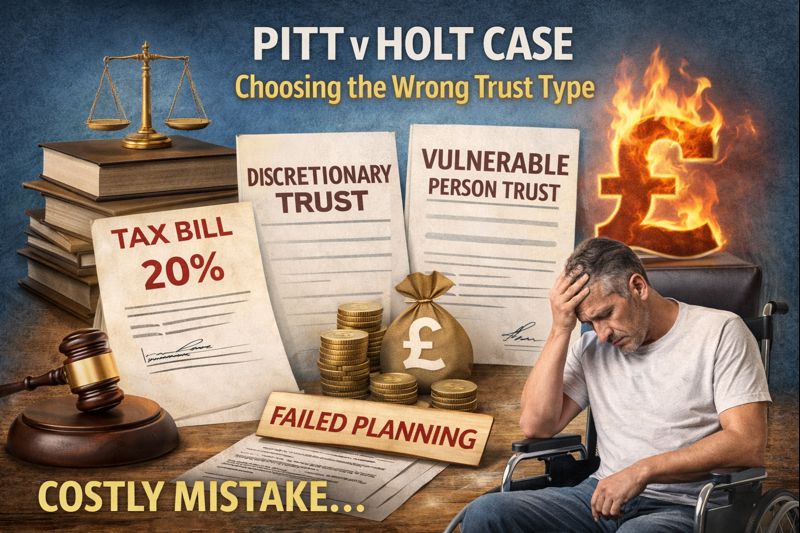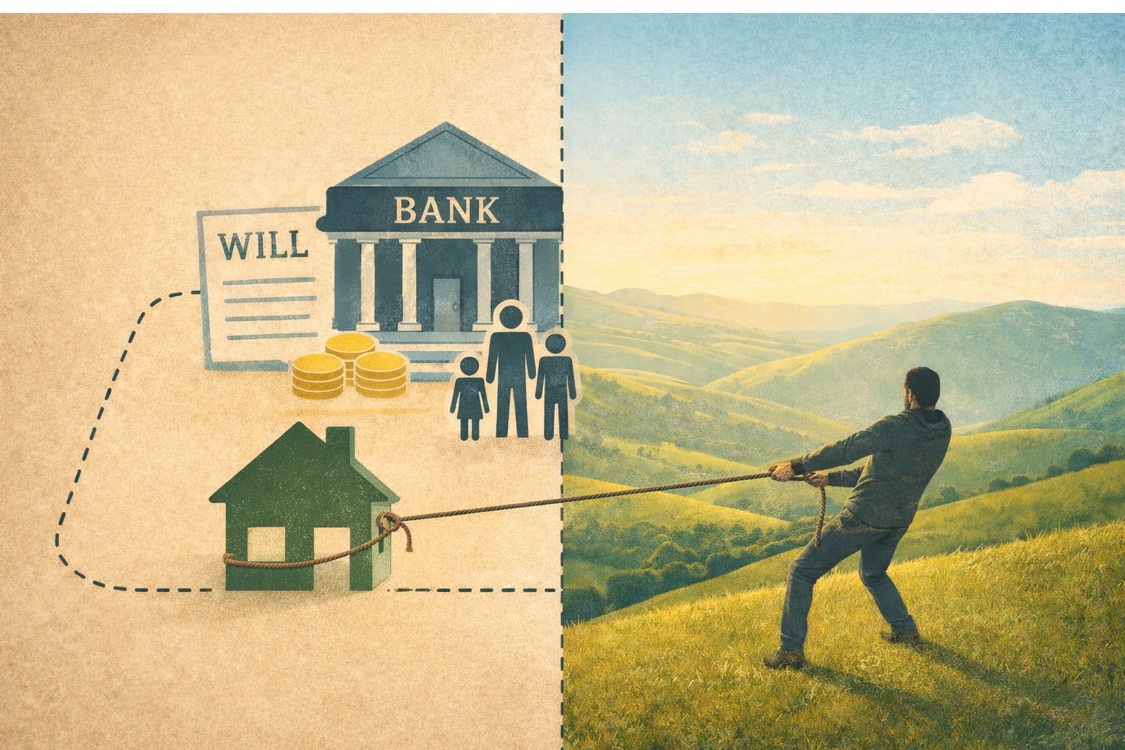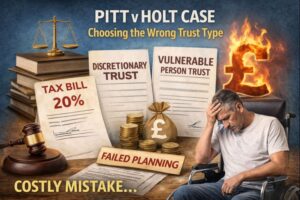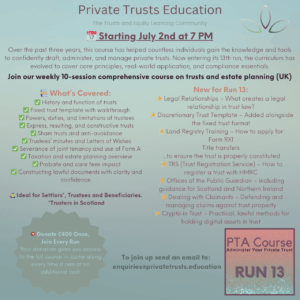Why Softening Populist Views Could Protect You and Your Assets
Many people I meet describe themselves as sceptical of “the system.” They feel that elites run the world, institutions are rigged, and ordinary people are left to pay the price. This perspective is often called populism, the belief that society is divided between “the pure people” and “the corrupt elite.”
It’s not hard to see why this view has grown stronger. Scandals, financial crashes, broken promises, and global decisions made far from our communities can make anyone feel disillusioned. At its heart, populism is about wanting fairness and transparency.
But here’s the challenge: while rejecting “the system” might feel empowering, completely walking away from legal structures often leaves individuals more vulnerable, not less.
What Populism Gets Right
Distrust of concentrated power: It’s healthy to question governments, corporations, and financial elites. A demand for fairness: Populism highlights the real gap between those with influence and those without. The desire for self-determination: People want to feel that they, not faceless institutions, make the key choices in their lives.
These are valid concerns, and they echo much of what thinkers like Noam Chomsky have argued for decades.
Where Populism Can Backfire
Populism often paints everything “official” as corrupt or broken.
This can lead some people to:
- Reject all legal structures.
- Avoid using contracts, trusts, or registries.
- Place their wealth informally in the hands of family, friends, or unregulated schemes.
The result? Assets and legacies that were meant to be protected end up exposed to disputes, tax claims, or even being lost altogether.
Anarchist Responsibility: Holding the Line
Chomsky reminds us that anarchism is not about chaos, but about responsibility. If we don’t hold the line against concentrated power, it will simply grow unchecked. That doesn’t mean ignoring all systems; it means using them strategically and critically.
In practice, this means:
- Challenging the legitimacy of unjust institutions.
- Exposing corruption where it exists.
- But also making sure our families, communities, and futures are shielded using the very tools designed to protect assets.
It’s about being tactical: using the rules without being ruled.
A Softer, More Strategic Approach
Softening a hard populist stance doesn’t mean selling out.
It means recognising that:
- Some legal tools, like trusts, wills, and contracts, are shields we can use to protect ourselves, not weapons used only by elites.
- Rejecting every legal safeguard weakens us; learning how to use them strengthens us.
- Populism’s energy and scepticism are powerful, but without strategy, they can leave us exposed.
Populism highlights real injustices, and Chomsky is right: we must hold the line against concentrated power. But as King taught us, education equips us to separate truth from propaganda. And as Buddhism reminds us, wisdom lies in the middle way, a path that resists extremes and builds security.
You don’t have to love the system to use it. You just need to be wise enough to make it serve you, not the other way around.
“The function of education is to teach one to think intensively and to think critically. Intelligence plus character — that is the goal of true education.”
Martin Luther King
Knowledge is power, learn it, and use it.
Trina 😊














Post Comment